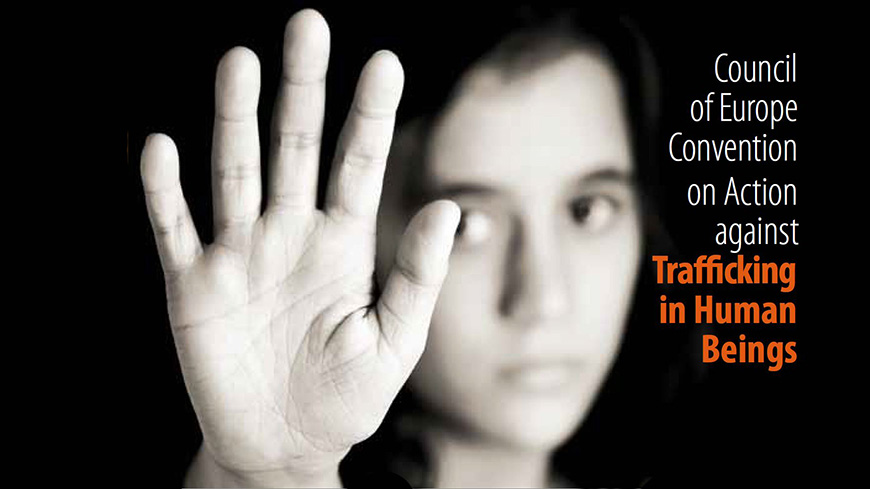In its first report on Greece, the Council of Europe’s expert group against human trafficking (GRETA) praises positive steps taken by Greek authorities to combat human trafficking, but also highlights a number of shortcomings.
GRETA welcomes the adoption of anti-trafficking legislation, the setting up of co-ordinating and specialised structures, the provision of training to relevant professionals and awareness-raising activities.
But the report also underlines gaps in the fight against human trafficking, such as the absence of a national anti-trafficking strategy or action plan. While GRETA welcomes the recent formalisation of the National Referral Mechanism, it urges the Greek authorities to take further steps to improve the identification of victims of trafficking for all forms of exploitation. Despite reports of forced labour in sectors such as agriculture, tourism or domestic work, there have been few cases of identified trafficking victims for the purpose of labour exploitation. More efforts should also be made to identify victims of trafficking amongst asylum seekers, irregular migrants and unaccompanied children. Further, the Greek authorities must ensure that the identification of victims of human trafficking does not depend on the presumed victim’s statement and co-operation in the investigation or criminal proceedings.


